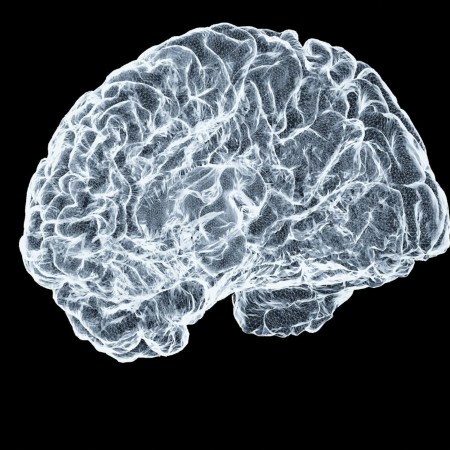“We’re on to something huge. And I can’t wait to tell the world that games are good for you.”
That’s Mike Wilson, the co-CEO of new venture DeepWell Digital Therapeutics, offering a concise mission statement for the work of his 40-person team of gaming engineers and medical professionals.
The Vancouver-based startup plans to release its very first “mental health-focused game” in 2023, as part of a larger plan to establish a therapeutic link between spending time in virtual worlds and reducing one’s risk of anxiety and depression. One DeepWell creative advisor imagines the unlikely marriage as “turning a sustained experience into a sustained therapy.”
Few of us conceive of video games as a player for better well-being. That’s because commentary on the practice is usually negative, pointing to the impact that too much time with screens and consoles can have in creating a sedentary lifestyle and exacerbating eyestrain, especially for younger generations.
But there’s little doubt that video games are popular — the gaming industry is expected to reach a $340 billion market cap by 2027. And somewhat surprisingly, video games are a crucial facet of adult life, too. In America, 65% of adults play video games, and the “average video gamer” is a 34-year-old man who owns a house and has children.
It’s well-established that men tend to resist seeing the doctor and have a particular aversion (even as the larger mental health conversation shifts) to seeking out psychotherapy. DeepWell appears intent on disrupting that equation and delivering mental health benefits via Trojan Horse. Dr. Samuel Browd, the company’s chief medical officer, said in a recent introductory video, “It’s been a fundamental struggle in medicine forever, to get patients to want to engage, to become healthier, to become better.”
A healthier, better you could start with DeepWell’s debut game. We don’t know what it will look like quite yet — though it seems highly unlikely it will involve navigating trench warfare, or commandeering sports cars — but DeepWell’s strategy involves receiving a legitimate stamp of approval from the FDA to market the game as therapy. This isn’t unprecedented (a so-called “digital therapeutic” was cleared in 2020), but as Freethink points out, it’s ridiculously time-consuming and expensive. Most developers don’t have the patience or funding to run studies with hundreds of gamers and prove that their video game eases the grips of depression.
But DeepWell could help on that front, too. In addition to developing its own games, it plans to establish partnerships with smaller developers and streamline the process of running clinical studies and securing FDA approval. The goal is a digital therapy renaissance, where mental health-gaming won’t just exist, but offer choice. Gamers will wise up to it over time, obviously, so the task for these engineers is making the game fun enough that it doesn’t feel like a doctor’s appointment.
Ryan Douglas, the co-CEO, sees a bright future ahead. “What we’re looking at here is a completely new field of medicine,” he said. “Immersive medicine utilizes medicinal media to deliver the therapy. It puts you in this place of precursory learning. That means you are subconsciously learning to do things that control parts of your body, or build new neural pathways … for the price of a video game we can put you in a place with unlimited therapy potential.”
The Charge will help you move better, think clearer and stay in the game longer. Subscribe to our wellness newsletter today.



















